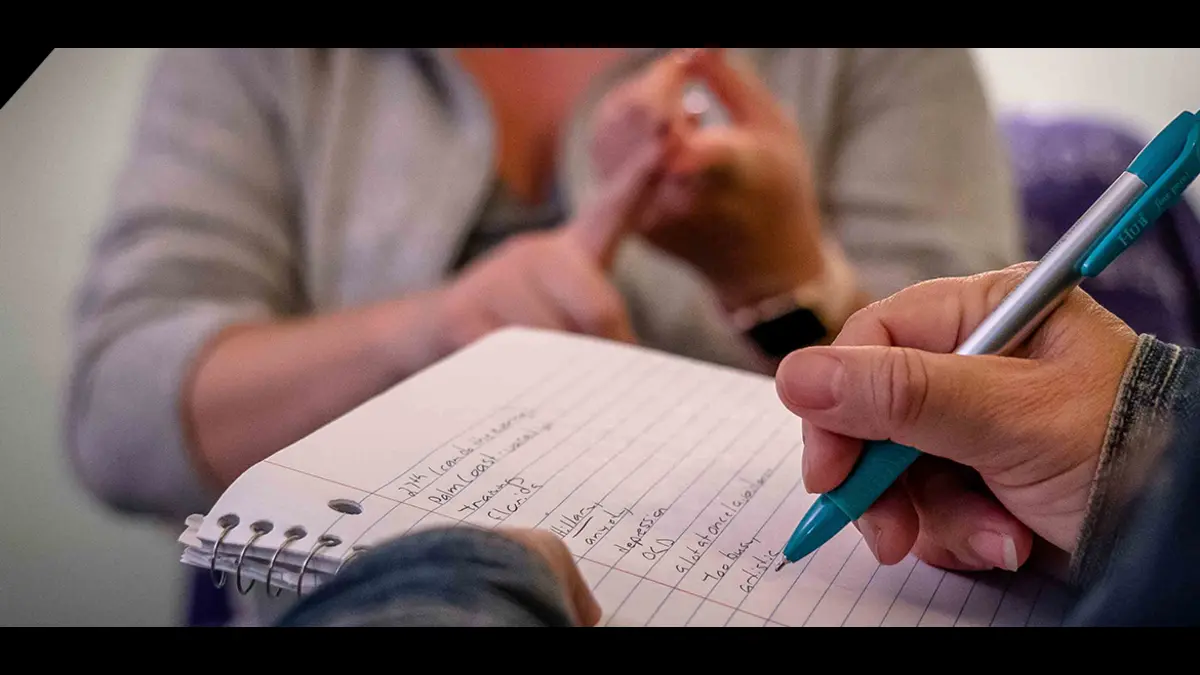It can be intimidating to start the journey of recovery from addiction, but it’s crucial to keep in mind that you are not alone. There are many obstacles in the way of rehabilitation, but they are surmountable with the correct help. In this article, we’ll examine several tactics to provide you with a sense of support as you pursue sobriety. There are a lot of tools and techniques available to support you along the path, whether it’s getting professional assistance, developing a solid support system, or engaging in self-care practices.
Acknowledging Your Need for Assistance
There are several indicators that someone needs help, such as feeling like they can’t stop using drugs, suffering from the repercussions of using drugs or observing behavioral or emotional changes. It’s critical to realize that addiction is a medical illness and that getting treatment is a courageous first step toward recovery rather than a show of weakness. Because of stigma or shame, many people may be reluctant to ask for help, but it’s important to remember that help is available and can have a big impact on the healing process. Long-term improvements in treatment and results might result from early recognition and understanding of the need for support.
Creating a Network of Support
A support system is usually made up of people who provide comprehension, inspiration, and useful help during the process of healing. This network can be enhanced by friends, family, support groups, and medical professionals. It’s imperative to surround oneself with people who are sympathetic to and understand the challenges faced during the rehabilitation process. Getting in touch with reliable people, being honest about one’s difficulties, and taking assistance when it is given are all important steps in creating a good support system. Keeping in touch and cultivating connections within this network can offer priceless assistance and motivation when things go tough.
Getting Expert Assistance
Therapists, counselors, and other mental health specialists are essential in offering support and direction according to each person’s needs. There are several treatment methods available, including medication-assisted treatment, therapy, and rehabilitation facilities, depending on the degree of the addiction. For instance, those who are battling addiction could get thorough assistance at a respectable drug rehab in Austin or wherever they live, where they can get access to resources and expert care to help them on their road to recovery. Since getting professional help offers access to experts and customized treatment regimens, it can significantly boost the chances of a successful recovery.
Making Use of Support Groups
Support groups offer a caring environment where others with comparable problems can exchange stories, give advice, and support one another. Well-known support organizations with a structured approach that encourages sobriety and aids in members’ maintenance of recovery include Alcoholics Anonymous (AA) and Narcotics Anonymous (NA). Regular meetings are the norm for support groups, where participants can engage in dialogue, hear personal accounts from others, and get help without worrying about being judged. By fostering a sense of community and belonging, joining a support group can lessen feelings of loneliness and give you the drive to continue on the road to recovery.
Self-Management and Coping Techniques
Exercise, mindfulness exercises, and hobbies are examples of self-care activities that can assist people in reducing stress, elevating their mood, and maintaining general well-being. Acquiring coping strategies to handle cravings, triggers, and setbacks is essential for overcoming the challenges associated with addiction recovery. These tactics could be using relaxation exercises, asking reliable people for help, and diverting attention with constructive pursuits. People can become more resilient and effectively navigate the ups and downs of the healing process by making self-care a priority and implementing useful coping mechanisms.
Conclusion
Seeking assistance from professionals, friends, family, and support groups can provide you with the motivation and direction you need to overcome the obstacles that lie ahead. You’re making significant progress toward a healthier and happier life by practicing self-care techniques, reaching out for expert assistance, and developing a solid support system. Accept the assistance that is available to you and don’t be embarrassed to ask for it when you require it. You can conquer addiction and succeed on your path to recovery if you have perseverance, grit, and support.

